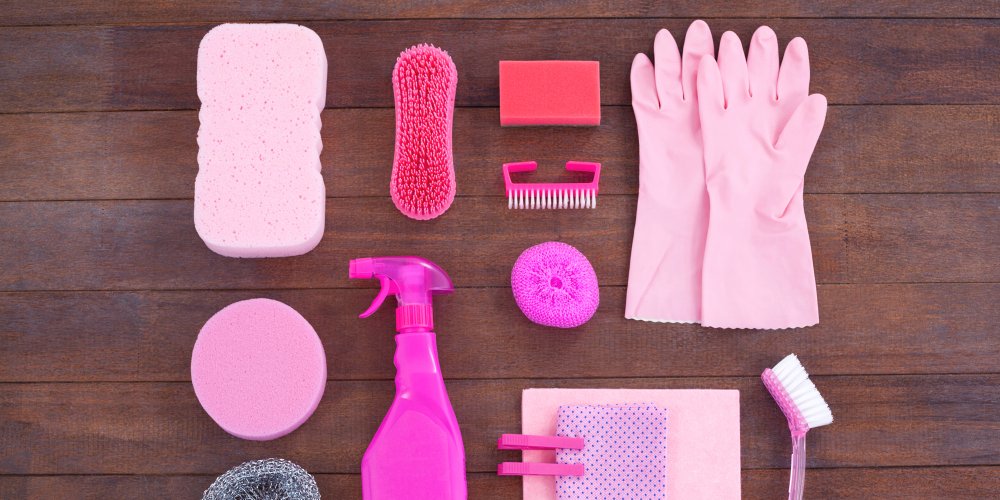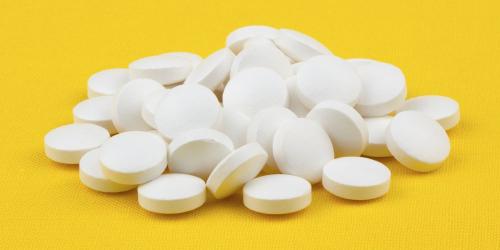Smoking seriously damages health, and apparently, cleaning too. In any case, this is demonstrated by a study conducted by Norwegian researchers.
Assumptions finally confirmed
We have been warned for years about the dangerousness of certain household products. Today, the doubts of experts are proven: breathing some disinfectant or cleaning sprays has serious consequences on the health of our lungs.
So much so that a regular inhalation of these chemicals would be equal to smoking 20 cigarettes a day for about ten or twenty years. A dangerous phenomenon that would also cause asthma problems to the main concerned.
Specifically, it is the forced expiratory volume per second (the volume of air exhaled during the first second), and the forced vital capacity (the total amount of air that can be exhaled by force) that significantly decreases. because of household products.
Women are the most concerned
To carry out their research, experts from the University of Bergen observed and analyzed the respiratory health of 6,235 people. This panel, an average age of 34 years, was composed mainly of women.
We note that those most affected by respiratory problems related to maintenance tasks are precisely ... women. When they use home care products, they suffer a significant deterioration of the respiratory functions. But the most exposed to pulmonary insufficiencies are housekeepers who use them professionally.
The fact that men are spared does not mean that they are endowed with better resistance. In reality, this finding is symptomatic of a division of household tasks still very unequal and an under-representation of these gentlemen in the maintenance trades.
What solutions to curb the phenomenon?
While some are sounding the alarm, others are looking for solutions to overcome the problem in the image of Øistein Svanes, the doctoral student who launched the study. She recalls that " chemicals are generally useless, microfiber cloths and water are largely sufficient for most purposes."
Indeed, such a statement revives the debate around potential alternatives to chemicals. Among them, artisanal methods and homemade products, which should gain even more popularity.




